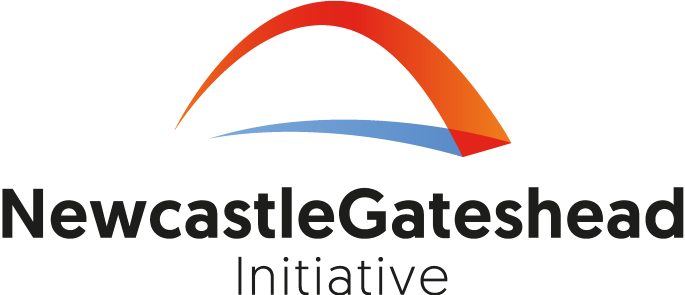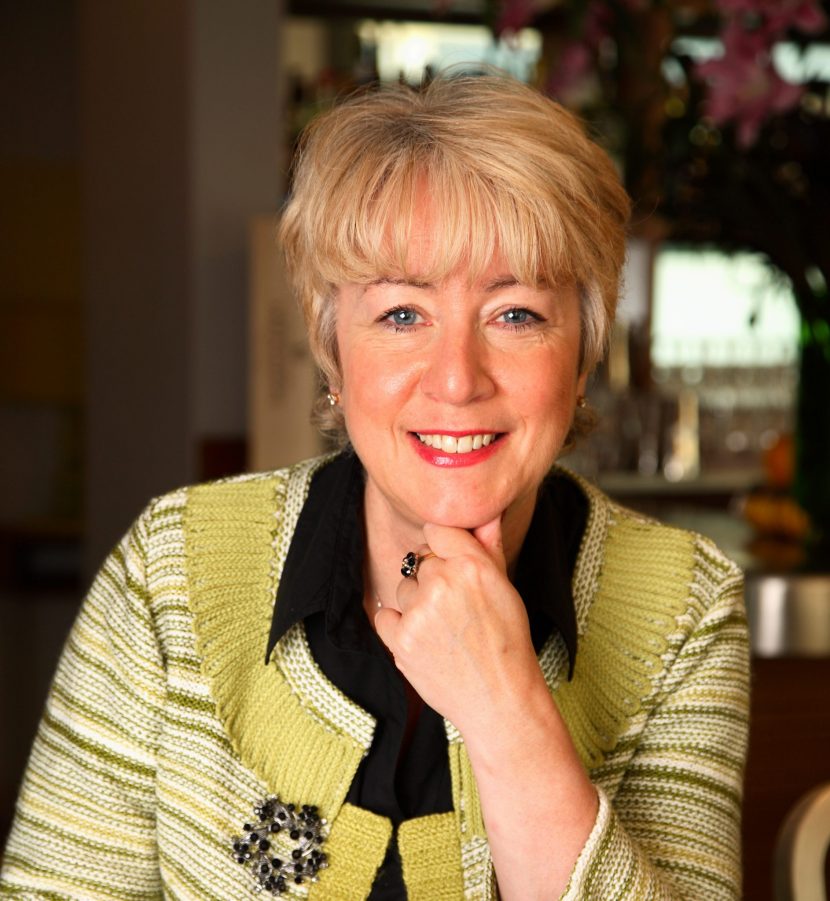Linda Conlon, chief executive of the International Centre for Life, Newcastle will be issuing a rallying call to science centres across the world this weekend, warning them to engage with refugees and migrants – or risk rendering themselves obsolete. Linda, who is chair of the Association of Science and Technology Centres (ASTC), the international body that represents science centres globally, will be delivering the controversial address at the opening of their annual conference in Tampa, Florida on Saturday 24 September.
Over 1900 delegates from science centres around the world will attend the four day conference. All are members of ASTC, which gives a collective voice to over 650 world science centres from over 50 countries. Conlon is the first European woman to be appointed Chair of ASTC (based in Washington, D.C.) in its 50 year history.
In her speech, she will be talking about a new political divide post-Brexit (which sees a shift away from traditional ‘right versus left’ politics) and why science centres have to rethink their business models if they are to survive and meet the needs of future audiences.
Key themes include:
- The ‘new divide’: Brexit has highlighted a growing trend – the new divide between those who see an open world (with globalisation and technological change as broadly beneficial) and those who see these forces as destructive. New politics of our age will not be ‘left versus right’ but ‘open versus closed.’
- The ‘tipping point’ principle: major shifts in demographics and the increasing diversity of audiences is creating a ‘tipping point’ – where current ‘core’ audiences for science centres will become the minority. Science Centres have to prepare now to be fit for purpose.
The conference, hosted by the Museum of Science and Industry in Florida, will be followed by the first ever International Science Centre and Science Museum Day on Thursday 10 November – organised by ASTC with UNESCO (United Nations Educational, Scientific and Cultural Organization) and ICOM (International Council of Museums). Events to mark this world first will take place in science centres all over the world from China to the USA – and Newcastle upon Tyne (home to Life Science Centre, part of the International Centre for Life).

